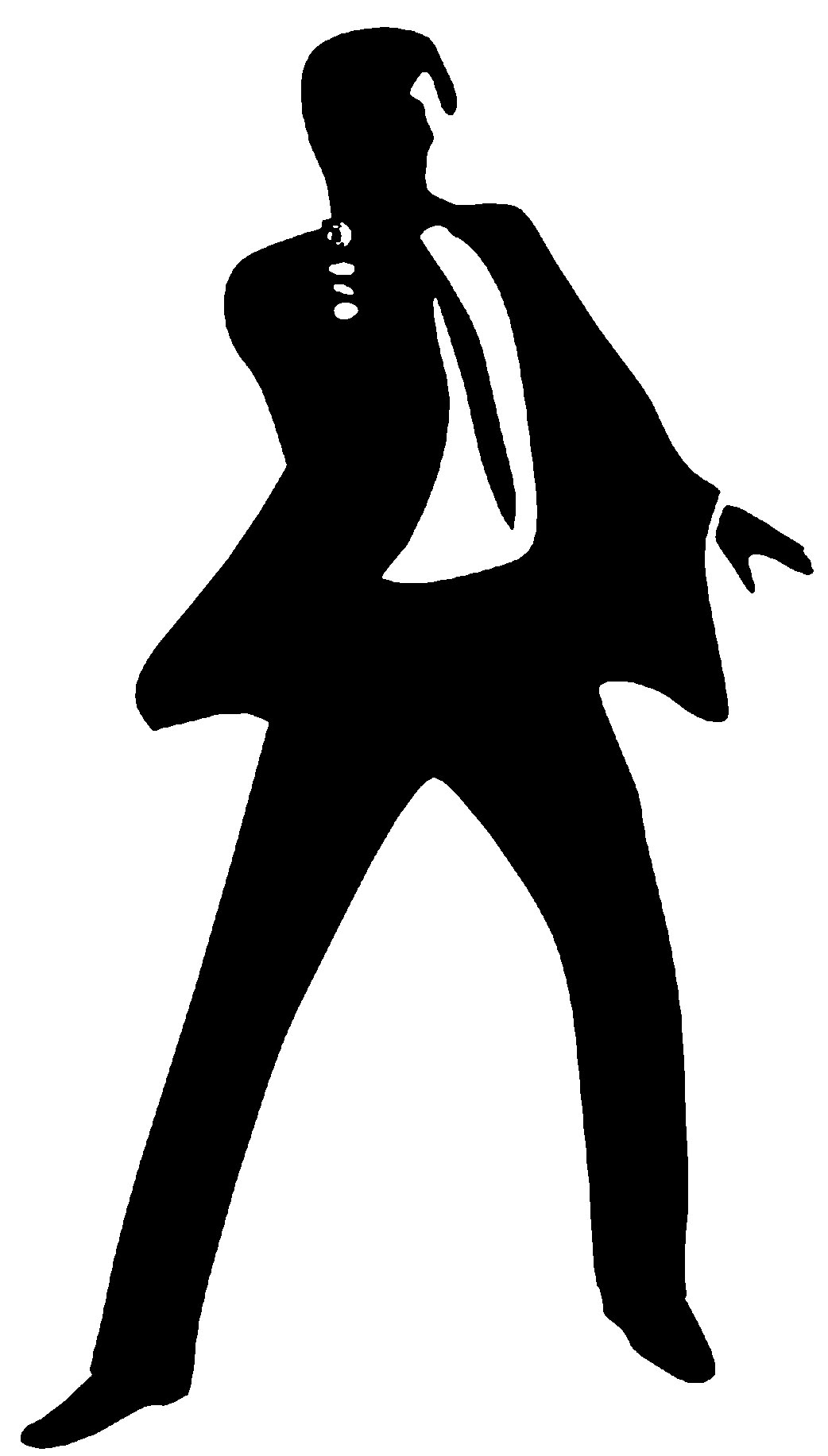 Heroes in thrillers can be anyone: male, female, any walk of life, any level of expertise in solving crimes, spying, or thwarting villains. Heck, in the long-running television series Dexter, probably the single best example of genre-bending fiction, the hero was a serial killer. (If you haven’t binged this series, I submit it is among the top ten indispensable for any aspiring thriller writer.) In my own series of books starting with Rogue Agenda and continuing this fall in a title yet to be announced, the protagonist and heroine is a phone-sex girl.
Heroes in thrillers can be anyone: male, female, any walk of life, any level of expertise in solving crimes, spying, or thwarting villains. Heck, in the long-running television series Dexter, probably the single best example of genre-bending fiction, the hero was a serial killer. (If you haven’t binged this series, I submit it is among the top ten indispensable for any aspiring thriller writer.) In my own series of books starting with Rogue Agenda and continuing this fall in a title yet to be announced, the protagonist and heroine is a phone-sex girl.
A common trope of the genre is the washed-out, disgraced ex-professional, usually an ex-cop/detective/soldier. Usually a guy, he is usually an alcoholic heavy smoker with a harridan ex-wife, an embittered child, and a long-suffering girlfriend. He’s wracked with guilt and self-recrimination, all of which usually eventually turns out to be undeserved. I see the attraction of the trope; these can often be great, complex, layered characters to write. The problem is it’s been played and played out. I would encourage aspiring thriller writers to reach deeper, find other ways to make your protagonist interesting and complex.
Some scholars of fiction will tell you that the hero must have some personal stake in the outcome of the conflict. It isn’t enough that he/she is just doing their job, investigating a crime or seeking to thwart a villain. They must be under threat themselves, seeking to clear their own name from suspicion, prevent the death of a loved one, etc. It is the only way, they argue, to justify the hero moving forward against obstacles and resistance. Otherwise, why would they bother? Why suffer through depredations, torture, and possible death for the sake of something less? I agree that this often makes a compelling plot, but I think it is extremely dogmatic and cynical to try to maintain that this is the only way to impel a hero and their story forward.
I think it is just as compelling to witness a hero risk life and limb for higher ideals than self-preservation, to read about the patriot soldier willing to stake his life for his country, experience the conviction of an advocate undergoing agonizing trials in the name of just doing the right thing. To me there is no more noble sacrifice than one that saves the day in such a way that no one will ever know, for which the hero will never gain notoriety or gratitude.
What makes the hero compelling is conviction and the lengths to which they are willing to go to defend their ideals. These can be every bit as personal and precious as his/her life and limb if written in an engaging, interesting, and exciting way.
Who are some of your favorite heroes in fiction, thrillers or other genres? What is it that impels them through the story? I’d love to read your comments below.

Interesting topic, as always, Kevin. One of my favorite heroes? I’m not a violent person — I use humane traps for our house mice, for example — but I was pumping my fist when Liam Neesen (okay, Bryan Mills) pumped bullets into the sex trafficking bad guys. That movie fit the formula for the protag/hero to have a personal stake in the outcome. I liked Harrison Ford’s roles, too — wouldn’t he be one of those “higher ideals” heroes?
Protecting our convictions is self-preservation at some level. That’s why we love 007 despite the fact that he doesn’t have a particular personal thing at stake.
Janet, Harison Ford’s Hans Solo was in it for the money.
Karen – Only at first, right?
And you’ve hit on a great idea: Even as Dexter’s serial-killer protagonist was engrossing to watch, how fascinating to read about a hero motivated solely by his greed, defeating the villain because that’s the most lucrative thing for him and his interests? Like a treasure hunter? A mercenary (The Expendables?) A politician stumping for campaign donations?
I’ve also been uncomfortable with highly personal stakes (often death & torture of the hero themselves and secondarily, their families) being absolutely REQUIRED of heroes today. Your comment of this requirement being “extremely dogmatic and cynical” is spot on. Sometimes we’re trying to create heroes that readers identify with. Some readers still like the common everyday person rising to be a hero. Thank you for saying it can be “just as compelling to witness a hero risk life and limb for higher ideals than self-preservation.” I agree wholeheartedly.